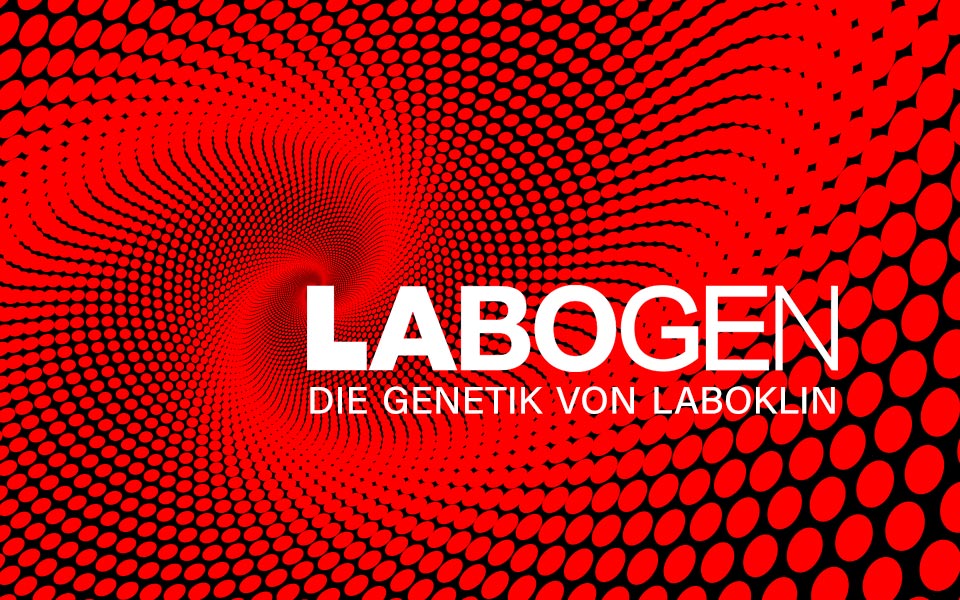Lysosomale Speicherkrankheit (LSD)
Lysosomal storage disease (LSD)
General description
Lysosomal storage diseases (LSDs) are a diverse group of inherited disorders characterised by progressive neurological symptoms. A genetic variant in the gene CNP is causing lysosomal storage disease in Dalmatian dogs. Dogs which are homozygous for the genetic variant show first symptoms like slowly progressing abnormal behaviour, cognitive decline, loss of coordination and apparent visual impairment at the age of 18 months. At the age of 7 years difficulties with balance can be seen as well as signs of disorientation. Some heterozygous affected dogs exhibit a later-onset neurological disorder. In the breed Doberman, a genetic variant in the MAN2B1 gene was found to be responsible for the lysosomal storage disease. First symptoms could be noticed in an affected dog very early at around 2 months including clumsiness and difficulties in standing with frequent falls. Over the course of the disease progression, behavioural abnormality and difficulties with coordination and neurological symptoms occurred. In Weimaraner dogs, a different genetic variant in the CNP gene causes lysosomal storage disease. Clinical signs were first observed at about 4 years of age, are slowly progressive and include drowsiness, signs of paralysis, ataxia of the hind legs, increased tendency to fall, worsening faecal incontinence, cognitive decline, lack of coordination, loss of interest in food, changes in posture and episodes of trance-like behaviour become apparent. Due to the worsening of the neurological signs, euthanasia has to be considered.
Breeds
Dalmatian, Dobermann, Weimaraner
Order details
| Test number | 8932 |
| Sample material | 0.5 ml EDTA blood, 2x cheek swab, 1x special swab (eNAT) |
| Test duration | 7-14 working days |
Test specifications
Detailed description
Lysosomal storage diseases (LSDs) are a diverse group of inherited disorders characterised by progressive neurological symptoms that share a common feature: the abnormal intra-lysosomal accumulation of one or more classes of incompletely catabolized macromolecules.


